Public health authorities have uncovered high levels of harmful E. coli bacteria in at least three cenotes in Tulum, in addition to several others around Quintana Roo. Cenotes have seen their popularity surge this summer as an alternative to sargassum-filled beaches.
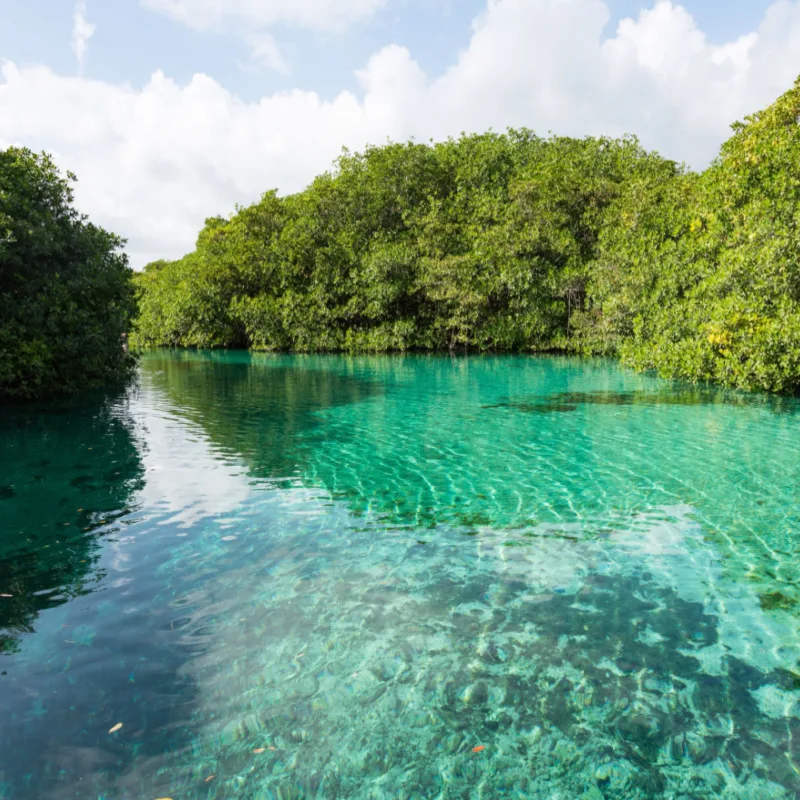
Officials in Quintana Roo have warned of high levels of E. coli in a number of popular cenotes around the Mexican Caribbean. Escherichia coli – also known as E. coli – is a diverse group of bacteria that is found in the intestines of humans and animals. However, some types of E. coli are pathogenic and can cause diarrhea and other dangerous symptoms.
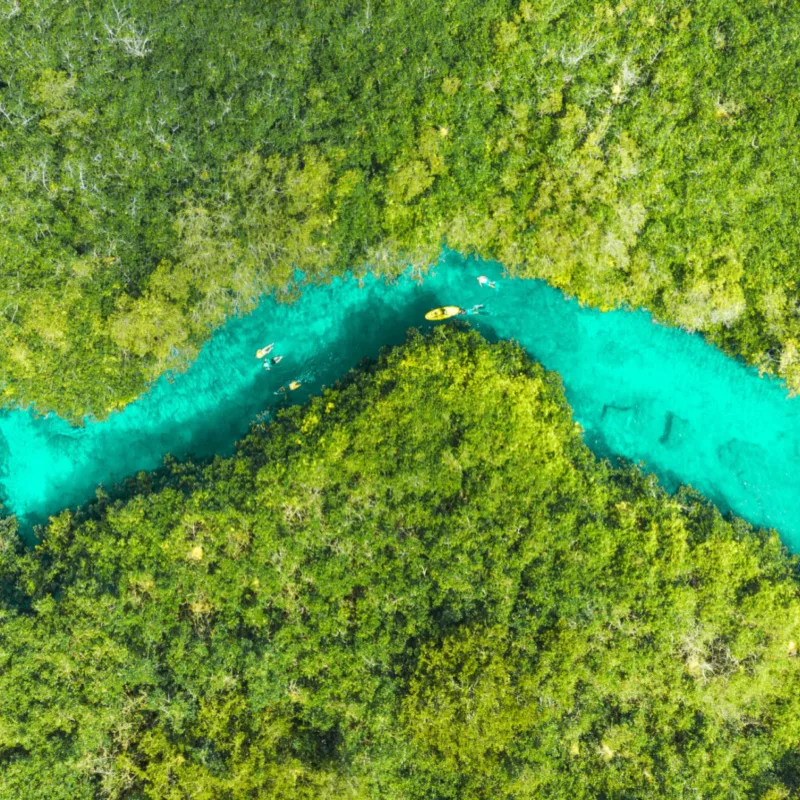
After examining the water sources in a number of cenotes around the Mexican Caribbean, sanitary officials have found the presence of a harmful type of E. coli bacteria in at least three cenotes in Tulum and several others around Quintana Roo. The tests, carried out by the Federal Commission for the Protection against Sanitary Risk, have determined that the levels of the bacteria exceed healthy limits, and tourists should avoid swimming in the locations.
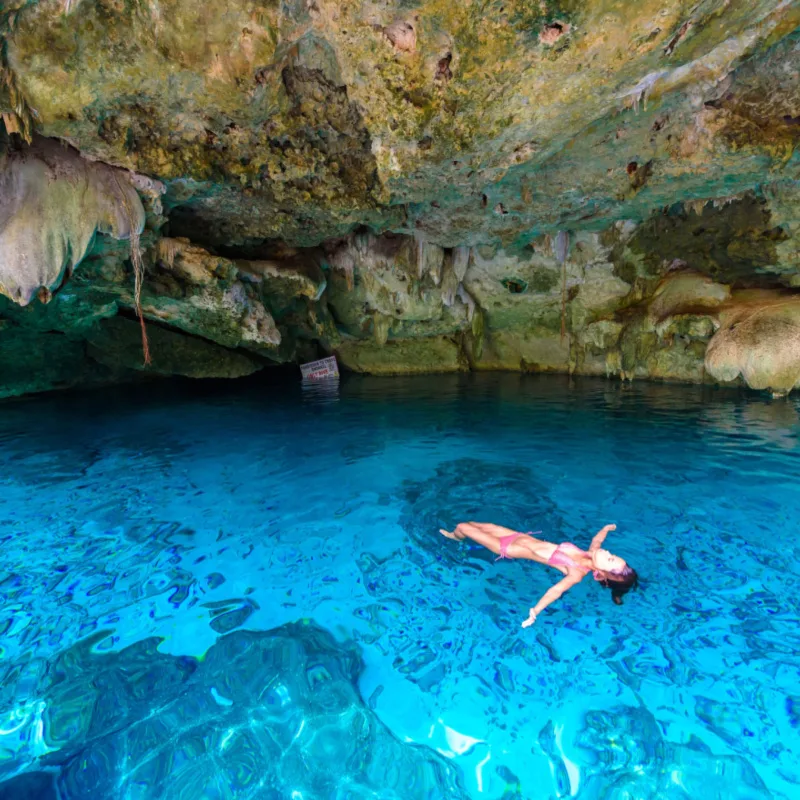
Since February this year, officials have been regularly tracking E. coli levels in a total of 18 cenotes around the Mexican Caribbean. In the latest report, dating from June, authorities found that E. coli levels exceeded acceptable levels in 10 out of the 18 analyzed locations. The report also notes that most of the study sites include cenotes in Tulum and Bacalar, while only two locations in Solidaridad (Playa del Carmen) were included in the study.

The three cenotes in Tulum that were found to have potentially dangerous levels of E. coli include Cristal, Calavera, and Casa Cenote. Located along 307 Highway, the Cristal Cenote is just south of Tulum. Meanwhile, the Calavera Cenote is a highly popular tourist attraction just 10 minutes from Tulum and is known for its skull-shaped cave system. Casa Cenote is a lesser-known cenote popular among snorkelers, around 10 kilometers from Tulum.
Although not all E. coli bacteria represent a danger to humans, the ones detected in the area’s cenotes may cause symptoms such as diarrhea, urinary tract infections, as well as respiratory disease.
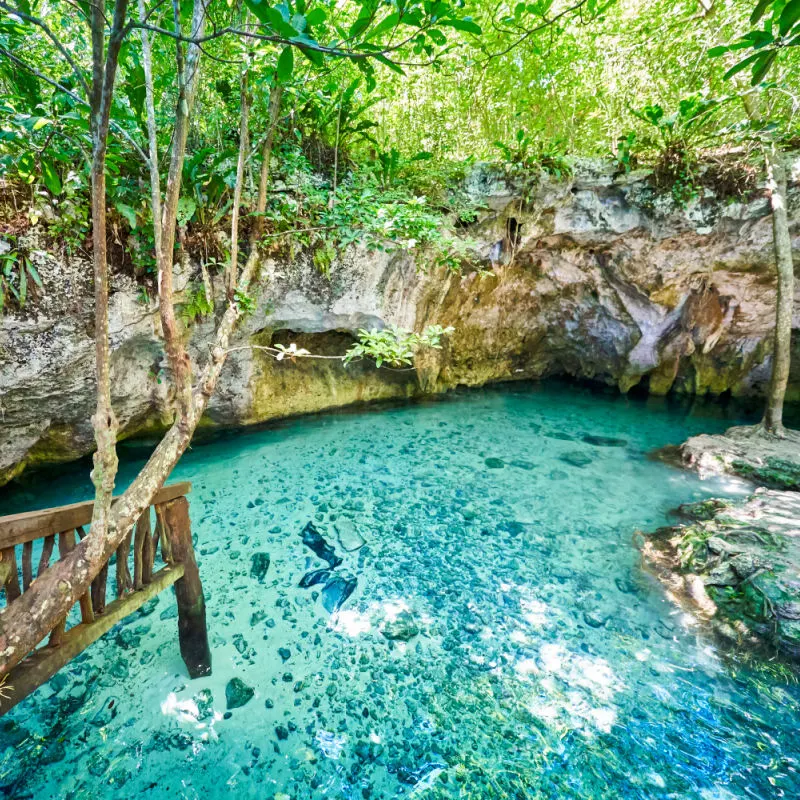
Cenotes have seen a surge in popularity this summer as an alternative to Mexican Caribbean beaches which have seen record levels of sargassum this year. On the other hand, tourists can enjoy crystal-clear groundwater in the hundreds of cenotes spread around the Yucatan Peninsula. A number of popular cenotes around Cancun have also reported high levels of plastic and rubber contamination stemming from human activity.
E. Coli Also Present In Solidaridad, Bacalar and Othón P. Blanco
Meanwhile, authorities have also detected unusually high levels of E. coli bacteria in several cenotes in other popular tourist locations around the Mexican Caribbean. These municipalities include Solidarid, Bacalar, and Othón P. Blanco, which are all home to popular cenotes.
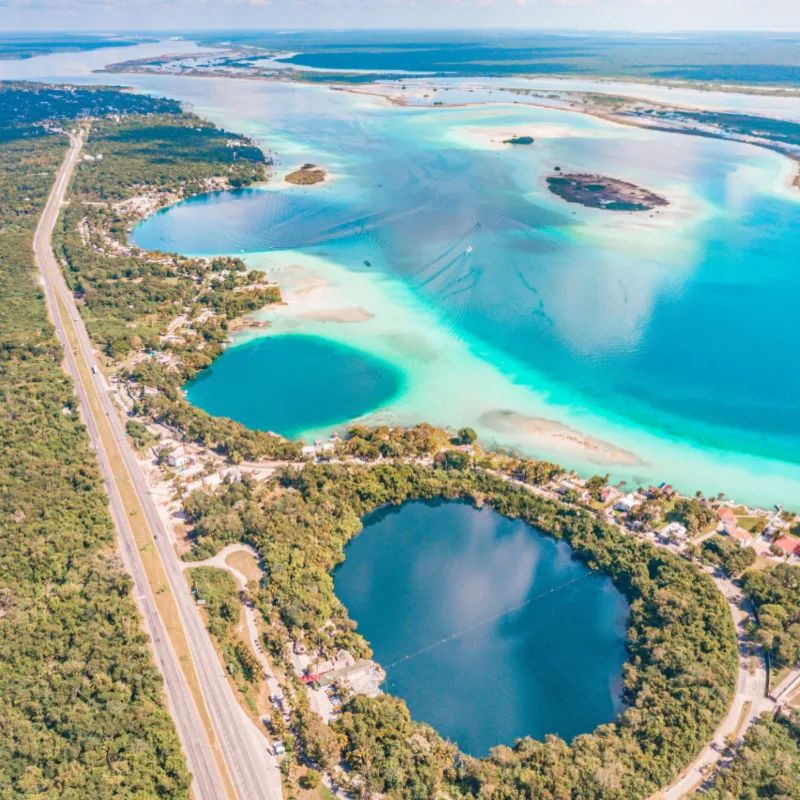
According to Red Tulum Sostenible, a wildlife and sustainability organization, the following cenotes have been found to contain potentially dangerous levels of E. coli:
- Cenote Kantun Chi, Solidaridad
- Cenote Cristalino, Solidaridad
- Cenote Azul, Bacalar
- Los rápidos de Bacalar
- Balneario Los Cocalitos, Bacalar
- Balneario Álvaro Obregón Viejo, Othón P. Blanco
Local nature and wildlife organizations say that although authorities have warned about the presence of harmful bacteria, they haven’t taken any action to address the situation. Moreover, due to the area’s abundance of cenotes, not all locations are adequately sampled, so tourists should avoid visiting smaller, more secluded centers.
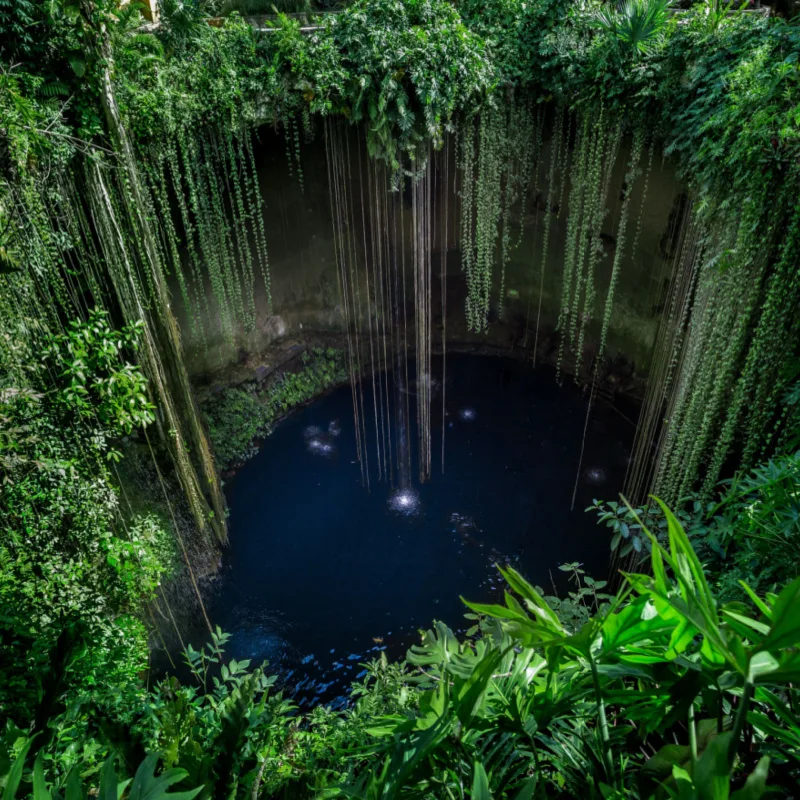
The full list of cenotes included in the latest health and sanitation report can be found here. Tourists should check for the latest health updates online before swimming in one of the area’s cenotes.
Plan Your Next Cancun Vacation:
Traveler Alert: Don’t Forget Travel Insurance For Your Next Trip!
Choose From Thousands of Cancun and Riviera Maya Hotels, Resorts and Hostels with Free Cancellation On Most Properties
↓ Join the community ↓
The Cancun Sun Community FB group has all the latest travel news, conversations and tourism Q&A’s for the Mexican Caribbean

Subscribe to our Latest Posts
Enter your email address to subscribe to The Cancun Sun’s latest breaking news affecting travelers, straight to your inbox.

Shilo duran
Saturday 17th of September 2022
I just went to all of those cenotes 😳 and.... i have and ear infection........
Lou Antolini
Sunday 17th of July 2022
Didn't the Mayans used to throw their child-sacrificed kids into the cenotes? Hmm...